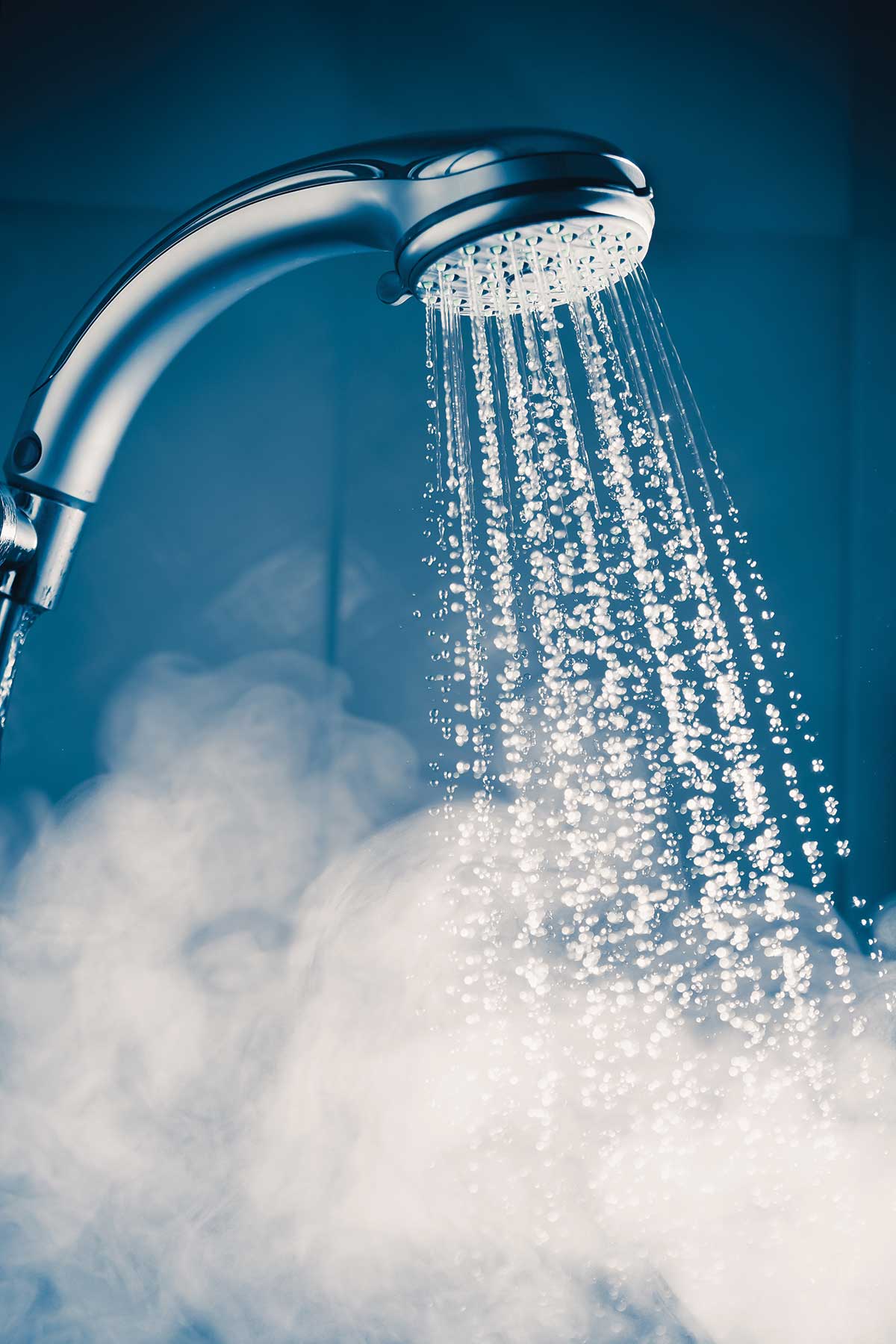
Are You Missing Out on Savings From Your Hot Water System?
Here’s How a Hot Water Heat Pump Can Help You Save
As summer draws to a close and the cold sets in, hot water consumption is on the rise around the country. And with hot water accounting for up to 30% of your energy bill throughout autumn and winter, it makes sense that households right round Australia are looking for alternatives that are friendly to both the environment and the wallet.
That’s where hot water heat pumps come in.
Combining the benefits of renewable energy in an easy-to-install home unit, this alternative to traditional hot water systems and even solar hot water will have you saving on your power bill and wondering why you didn’t make the change sooner. Read on to learn more.
What are Hot Water Heat Pumps?
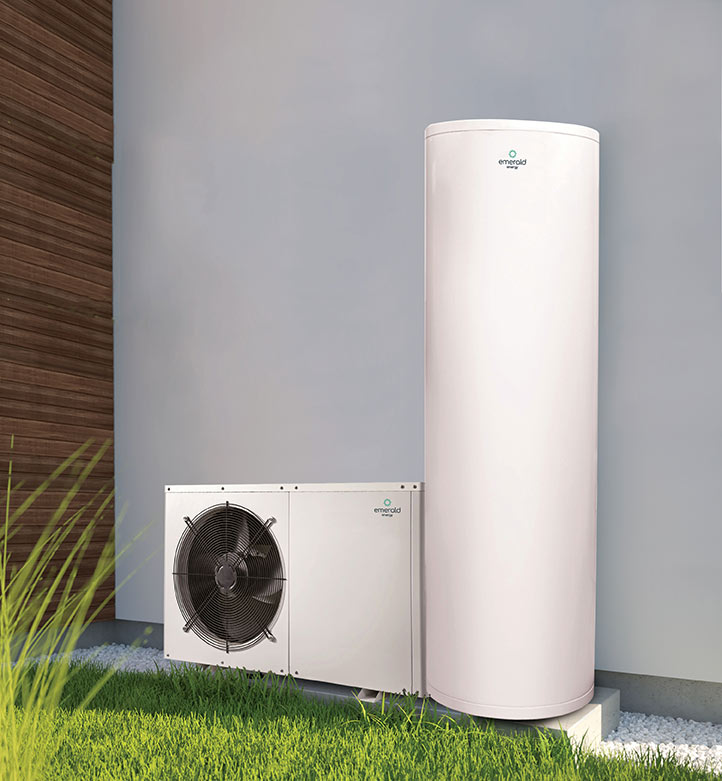 Hot water heat pumps are an alternative to traditional hot water heaters that are quickly gaining in popularity thanks to their efficiency and impact on both the environment and the users’ power bill.
Hot water heat pumps are an alternative to traditional hot water heaters that are quickly gaining in popularity thanks to their efficiency and impact on both the environment and the users’ power bill.
Unlike traditional hot water heaters that typically use gas or electricity to heat water for showers, washing up and other uses around the home, heat pumps work by extracting heat from abundant natural sources, like the air, ground, or water. Operating in much the same way as a reverse-cycle air conditioner, heat pumps extract heat from the natural source, then use an internal heat exchanger to heat and then store hot water.
Types of Hot Water Heat Pumps
Brine to Water Heat Pumps
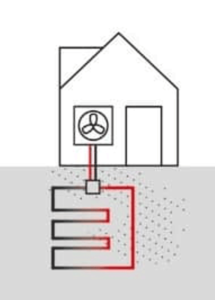
These systems have collectors that are buried into the earth, extending into the ground water beneath your home to collect heat to warm the water in your home.
Air to Water Heat Pumps
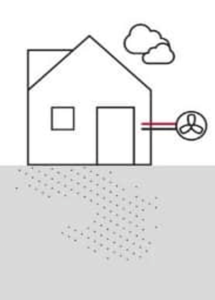
Using heat from the air, these systems heat the water in your home with minimal energy use, even in the coolest of Australian climates.
Water to Water Heat Pumps
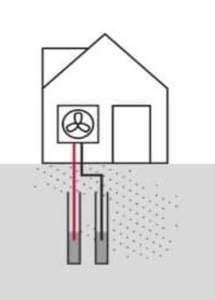
Water to water heat pumps rely on a flow of water through the system to heat water for your home.
How do they compare to alternatives?
In many ways, hot water heat pumps are a perfect fit for Australia’s warm climate. Thanks to an abundance of hot air and water, heat pumps have a natural source of heat. Even in the depths of winter, heat pumps are capable of delivering hot water to a temperature of 60 degrees.
Perhaps the biggest difference between heat pumps and traditional water heaters is the efficiency, with heat pumps using 74-78% less energy than traditional systems. While solar hot water systems can be a great way to save money and lower your household emissions, they require significant setup and investment to get up and running. Hot water heat pumps, on the other hand, require no roof-mounted collectors and tend to have a smaller investment.
What are the benefits?
Aside from the cost benefits, hot water heat pumps are a great way to lower your household carbon footprint. As the hot air used to warm water comes from the atmosphere, you can think of heat pumps as a form of solar power. While some electricity is needed to power the heat exchanger, it is much less than other systems.
If you want to save even more on your energy bills, consider implementing a solution like the Electricity Advisor to help track energy usage in your home. Together with the EMS app, you can access helpful insights on your electricity usage right from your smartphone. You can even set an energy budget and receive alerts when your energy usage is peaking. Easily link the EMS app directly to your Smart Meter without the need for an electrician.
Does a Hot Water Heat Pump qualify for rebates?
As part of their commitment to lowering household energy consumption to help achieve Australia’s renewable energy targets, some rebates are available from state and federal governments. The Federal government’s Small Scale Technology Certificate (STC) program, for example, can provide savings not only on the water pump itself, but also on the install.
It’s worth noting that, as with most rebates, applicants must satisfy criteria based on home ownership and value and income to qualify. It pays to do some research into what rebates are available in your area.